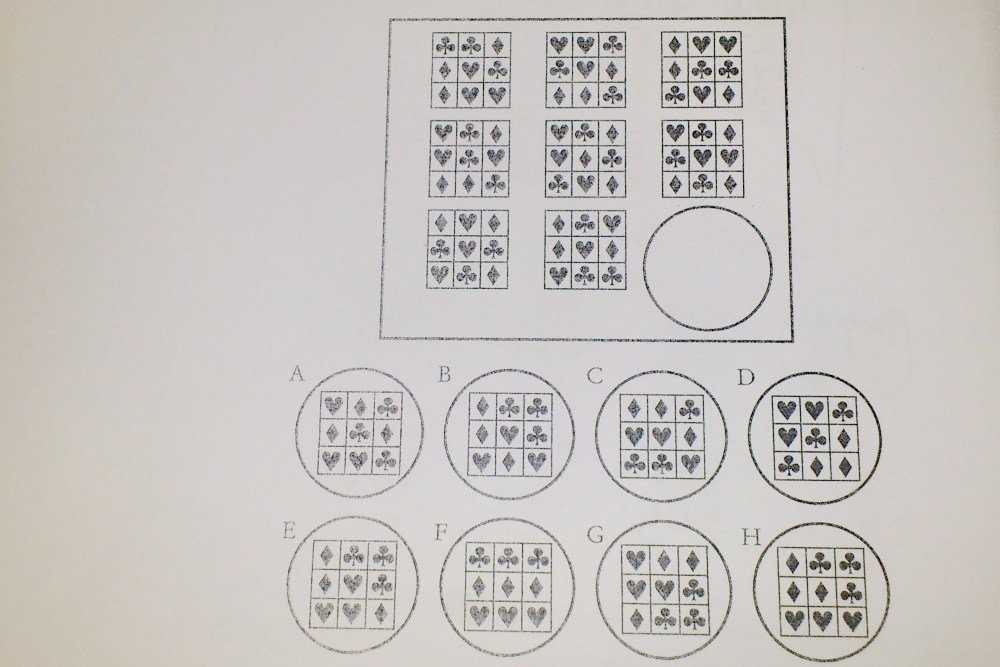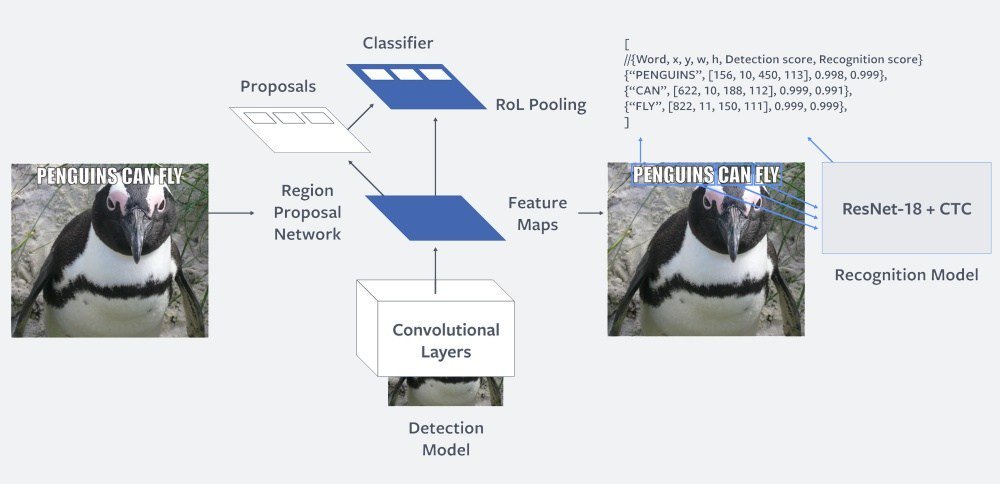
AlphaGo’s development team DeepMind have already started training artificial intelligence systems in the concept of “abstract thinking”, in hopes that future AI systems will be able to perform deductive thinking like a real person in order to answer questions. (Source)
After training its AI systems through playing games, researchers from DeepMind are also planning to let its AI challenge an IQ exam.
According to a publication in New Scientist, the London based Google DeepMind team trains its AI systems with IQ exams, allowing it to develop abstract “thinking” skills.
The training method the DeepMind team uses is based on Raven’s Progressive Matrices devised by British psychologist John Raven in 1936. By using question sets of progressive matrices from simple to complex, the AI system’s “intelligence” can be determined as its “observation” and “abstract reasoning” skills are evaluated.
As the questions in Raven’s Progressive Matrices are more than just shape matching, solving the questions will require the test taker to exercise abstract reasoning. Furthermore, a version of Coloured Progressive Matrices was even later designed for children, in addition to a version of Advanced Progressive Matrices that are targeted at people of above-average intelligence. With different versions of the test questions made for measuring the intelligence of test takers from age 5 to 75, this form of IQ exam became one of the most common methods to measure intelligence.
As explained by the DeepMind team, by using IQ tests to train AI, the goal is not to create a system that can answer these test questions, but to create an AI that can come close to simulating human thinking patterns, combining existing information with logical reasoning and abstract thinking to find answers, and even make judgments based on reflexes like a real human brain.
If you are interested in our articles, you can also LIKE our page:)
Want to see more related articles? CLICK ME to enter the Chinese version website.



